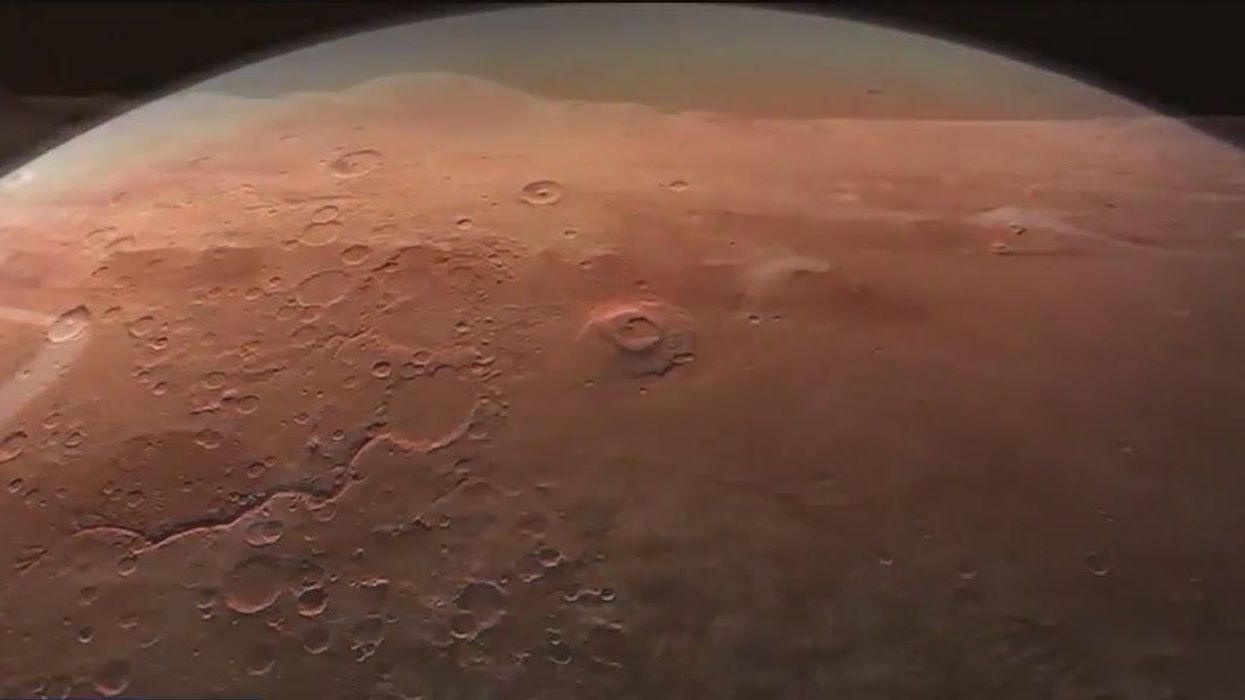Science & Tech
Ellie Abraham
Sep 24, 2024
Researchers find evidence of water on Mars
Fox - Ktvu / VideoElephant
Elon Musk’s dream of creating human civilisations on Mars is easier said than done, thanks to brutal conditions that could cause people to turn green and lose their eyesight.
The billionaire SpaceX founder has spoken a lot about his grand ambitions of getting humans to settle on Mars, with a timeline to send Starships to the red planet within the next two years.
But thanks to the incredibly harsh conditions on the surface, experts say it will be extremely difficult for humans to survive, let alone thrive, on Mars.
Biologist Dr Scott Solomon from Rice University in Texas explained that children born to human settlers on Mars would experience a series of drastic mutations and evolutionary changes.
These mutations, caused by high radiation and low gravitation forces, could include poor eyesight, weak muscles, a green skin tone and brittle bones.
Mars is a smaller planet than Earth and has 30 per cent less gravity than we have evolved to live with. The red planet also lacks a magnetic field and protective ozone layer, leaving the planet open to space radiation, UV and charged particles from the sun and cosmic rays.
The impact could see humans mutate at extreme rates in order to cope with the new conditions. This, Dr Solomon explained, could see skin colour change to help cope with radiation.
“Perhaps in the face of this high radiation, we might evolve some new type of skin pigment to help us deal with that radiation,” Solomon explained in his book, Future Humans. “Maybe we get our own green men.”
Solomon also claimed that brittle bones brought on by the lack of gravity could cause women’s pelvises to break during childbirth.
He also argued that eyesight could start to become weaker due to the reduction of the need to see far distances, as humans would be living together in small enclaves.
Sign up for our free indy100 weekly newsletter
How to join the indy100's free WhatsApp channel
Have your say in our news democracy. Click the upvote icon at the top of the page to help raise this article through the indy100 rankings
Top 100
The Conversation (0)














